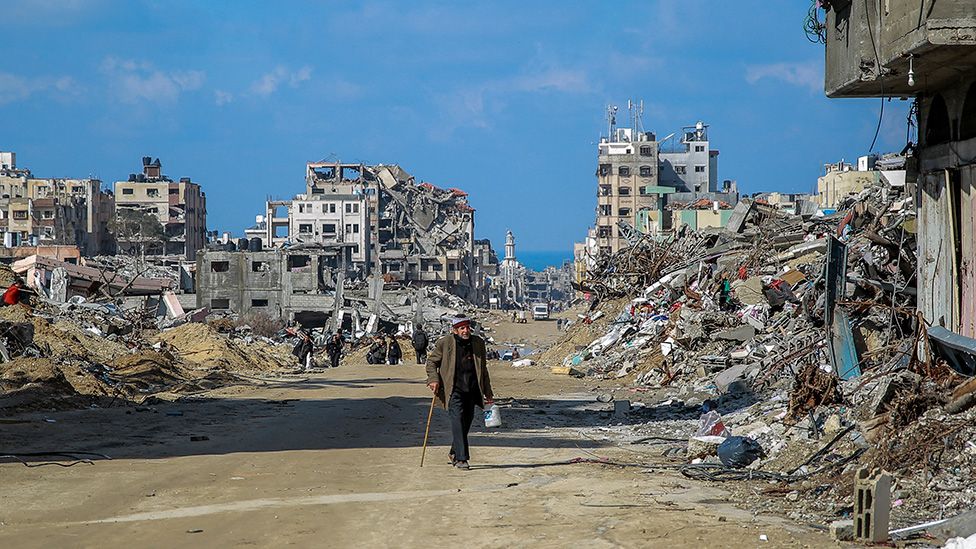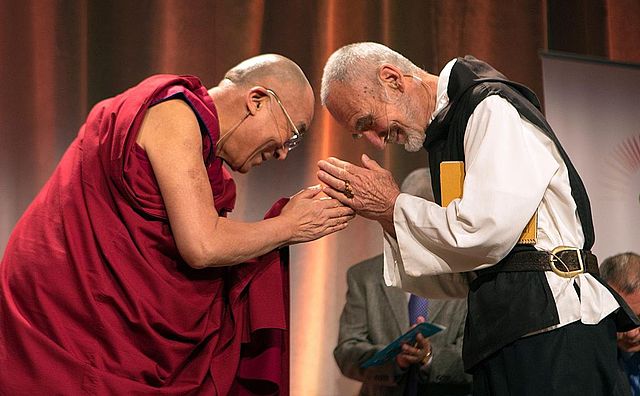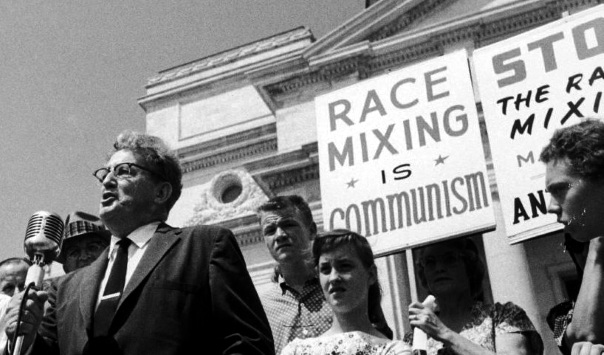This series is about Israel’s policies in Gaza. I think they’re so unconscionable that I can’t believe they’re up for debate even among Jews — and yet they are. Instead of criticising Israel, I invite you to explore the basis and consequences of a pro-Israel’s-policy view. I’m not naive about changing minds but gotta try. This is for you if you: (1) support Israel’s policies in Gaza and the West Bank (2) consider Palestinians and Israelis to be equally human, their lives equally valuable and (3) don’t consider Jews to be a superior race.
Part 1|Part 2|Part 3|Part 4|Part 5|Part 6|Part 7|Part 8|Part 9
The idea that media outlets are biased against Israel is something I’ve seen pop up again and again. It’s been done by people who consider themselves moderate or liberal and a lot of the examples have been bizarre (apparently the New York Times is rabidly anti-Israel). Having posted on some factors that play a role in influencing our perceptions of media bias in this conflict, I want to look at the specific criticisms. Here are some of the most common.
- The media don’t provide context that explains why the bombings are justified! Like the rockets that were being launched from Gaza.: It’s true that almost no representation of anything in the media provides enough context. So sure, more context would be good. But I wouldn’t be so sure that more context would make the audience more sympathetic to the “pro-Israel” position. Because after describing the rockets, we would have to describe, say the relationship between the conflict and the Hamas-Fatah unity government, or even how Gaza came to be in the first place. In fact I’ve personally seen very little talk of the ordinary lives that people in Gaza led before the war, certainly not much in Western media. As far as I know, that kind of stuff isn’t discussed in the Israeli media at all. Context is a two-edged sword; don’t expect the edges to be equally sharp either.
- The world pays disproportionate attention to Israel because of anti-Semitism. Why aren’t you focussed on the millions dying in country XYZ?: This is a variant of the Dear Muslima trope, the shut up because I can name something [I think is] worse trope. In which case it’s clearly meant to be a derailment as patronising as the “but what about the starving children in ‘Africa’?”. Because the person who is making the argument probably hasn’t been speaking about the “alternative” atrocities much either; these atrocities were just used for rhetoric. I know because I’ve done this before many years ago. I remember that I felt genuinely happy about finding a “juicy” atrocity with a death toll orders of magnitude higher than in Gaza. Is this the person you want to be? When the stories of ISIS besieging Yazidis came out, I could practically feel the shrieks of joy of tens of thousands of pro-Israel people, ecstatic that they have a new talking point. Thank YHWH for bringing ISIS to provide this useful function, right? I also note that there is not a substantial international community that stands in solidarity with ISIS and its moral right to kill Yazidis.
- If they oppose bad things they should condemn Hamas targeting civilians!: Sure, the world doesn’t condemn Hamas. No major organisations, human rights watchdogs or world governments condemn Hamas. But only if your reading list specifically excludes all the times when they have condemned Hamas. Like here, here, here (just to take human rights groups). It’s like the ridiculous trope of “why don’t ‘moderate’ Muslims condemn 911/terrorism/ISIS/Hitler/the devil?”. If you’re not getting this stuff from your reading list time for a new reding list that consists of more than pro-Israel talking points?
- Nobody who isn’t in Israel living with the regular bomb sirens has any right to pontificate on what Israel should or shouldn’t do to neutralise the threat:This is the rhetorical equivalent of the famous “you weren’t there!” quote from Born on the Fourth of July. Or perhaps the “were you there?” question creationists want children to ask their biology teachers about evolution. If I want to be combative, I might say that this assumes that human empathy isn’t a thing and is therefore offensive to the whole notion of humanity. But say that I definitely agree. Only the residents of Israel have the right to speak about the effect the bomb sirens are having on their lives. But this means that you’ve also agreed that nobody who isn’t a Gaza resident has any right to pontificate on the level of suffering and the effect the IDF has had on the population. We certainly shouldn’t be considering the testimony of the people dropping fucking bombs about how considerate they’re being when dropping bombs. Which brings to mind the idea of personal testimony — to the extent that we should believe one person’s testimony, we should believe another’s. Looking at the collective personal testimonies of the Israelis and Palestinians around the conflict presents a clear, unambiguous picture of what’s going on, and it’s not in Israel’s favour. But sure, you can also decide to reject the idea of personal testimony — if that suits your argument. In which case out go all the videos of Israeli children scared by bomb raids.
One thing I’ve found insidious isn’t criticisms of the media but when pro-Israel people post feel-good stories like:
- A couple where the wife is Israeli and the husband Palestinian refuse to let the conflict change their lives
- Joint camps show that Israeli and Palestinian kids can get along
- The Jews and Arabs Refuse to Be Enemies campaign
It’s not that I oppose the ideas or initiative themselves, I think they’re pretty good. But even the act of participating in something like that has the risk of becoming a feel-good exercise that masks deep structural inequities. How many Israeli and Palestinian families would send their children to camps like these? To what extent are the participants self-selected? What does this prove other than the fact that both Israelis and Palestinians are human? Where to from here?
There’s an extra dimension when such stories are shared by people who identify as pro-Israel. The subtext of “See? I’m not a racist! Can’t we all just get along?” is clear. But of course this is not about who gets to apply or not apply the label racist to someone else’s character. What matters is the effect of actions and the backing of the diaspora has played a strong role in Israel’s policies. So excuse me if I think that in the context of support for the war, your posts about “both sides unlearning hate” and about “praying for all civilians to be safe” are crocodile tears.
Part 1|Part 2|Part 3|Part 4|Part 5|Part 6|More to come
Yep, comments are closed. There are plenty of other venues to respond that don’t involve me paying to host pro-IDF rhetoric. I must be a coward and an enemy of Freeze PeachTM. What am I afraid of???




0 Comments